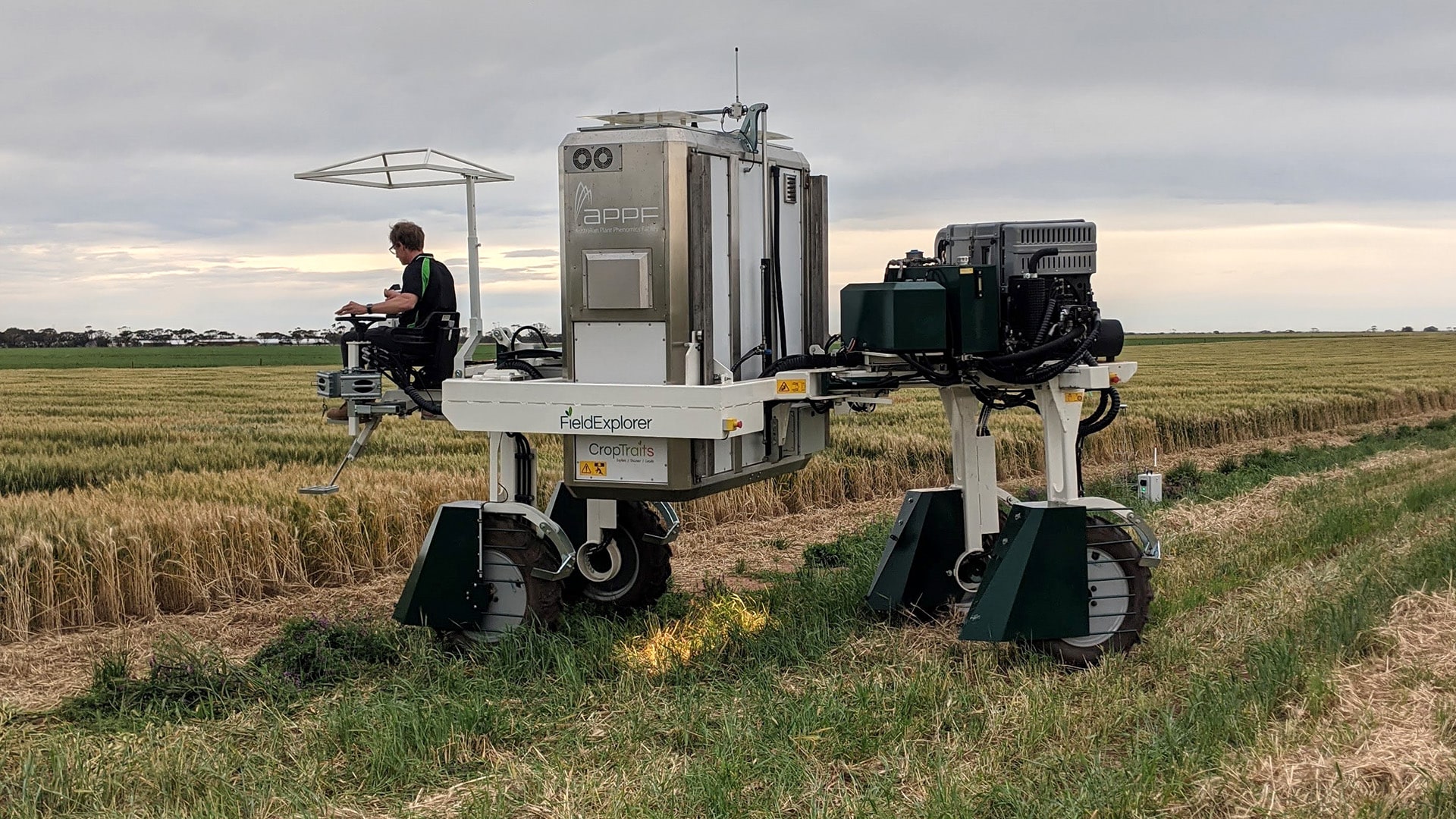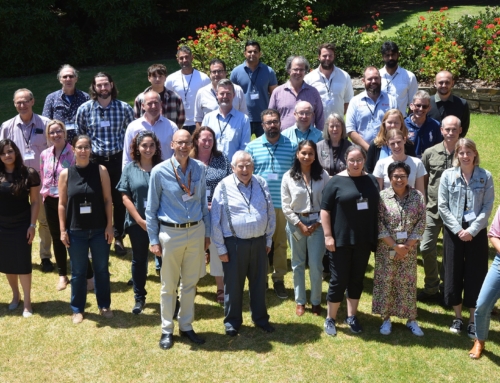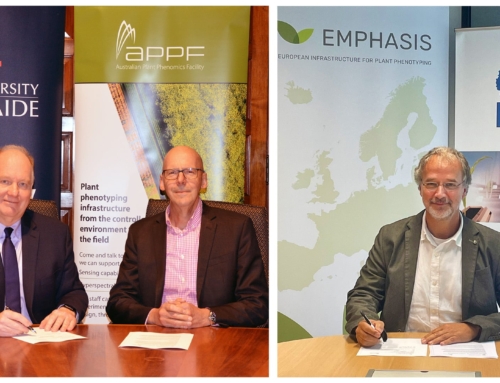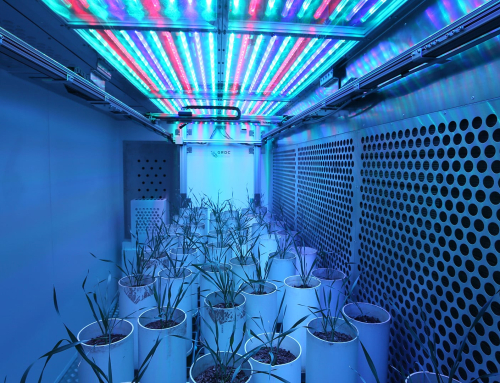The Australian Research Data Commons (ARDC) is co-investing with the Australian Plant Phenomics Facility (APPF) in a two-year project aimed at standardising access to Australia’s crop research data assets.”
The Multi-scalar Crop Characterisation Network (MCCN) will work with a cohort of established research farms and agricultural/ecological research facilities across Australia to develop a framework for managing crop research data as a national asset.
The MCCN concept was developed with a national network of research and innovation organisations including The Plant Accelerator® at the University of Adelaide, South Australian Research and Development Institute – research arm of the Department of Primary Industries and Regions (PIRSA-SARDI), the Grains Research and Development Corporation (GRDC), SmartSAT Cooperative Research Centre, Commonwealth Science and Industrial Research Organisation (CSIRO), Australia’s Terrestrial Ecosystem Research Network (TERN), SmartSAT, The Australian National University Centre for Entrepreneurial Agri-Technology (ANU CEAT), Agricultural Research Foundation (AgReFed) and the ARDC.
Data from sites operated by these entities and the Queensland Department of Agriculture and Fisheries (QDAF) Emerald, Western Australia Department of Primary Industry and Regional Development (DPIRD) Merredin, University of Queensland Gatton, University of Sydney Narrabri and Federation University will contribute to the test data used in developing the MCCN.
APPF Data Management Director Donald Hobern will be the project lead.
“Understanding and modelling dynamic relationships between crops and their environment and management requires efficient use of numerous data sources,” he says.
“Overcoming differences in data format, scale, frequency and precision will help support reliable monitoring, facilitate prediction services, optimise selection of trial sites, and make multi-site comparisons more valuable.”
“Agricultural research centres and commercial players recognise this as a priority and unsolved problem.”
Crop research is fundamental to Australia’s food security, grains industry and economy.
Researchers and industry collaborate to study plant development and productivity, develop and trial new varieties and explore how genotype, environment and management practices influence crop traits (e.g. drought and disease resistance) and yields.
A national data architecture that adheres to FAIR (Findable, Accessible, Interoperable, Reusable) data principles, will enable researchers to study relationships between crops and the environment more efficiently, by analysing and comparing time series data on growth, performance, weather and other dynamic influences.
This project will establish and test data management protocols for sharing and integrating crop research data from field studies in a ‘proof of concept’ model, so the processes can then be adopted by the sector as a whole.
Ultimately, a successful MCCN will ensure Australia’s crop research sector generates heterogeneous data assets that are supported by fit-for-purpose storage cubes, integration pipelines and user access tools.
“It will help support the ongoing production, consumption and distribution of safe and high-quality food,” Mr Hobern says.
“The model could also be applied or adapted to other sectors, such as marine research, ecology and environmental science.”
Both APPF and ARDC are supported by the Australian Government through the National Collaborative Research Infrastructure Strategy, NCRIS.







